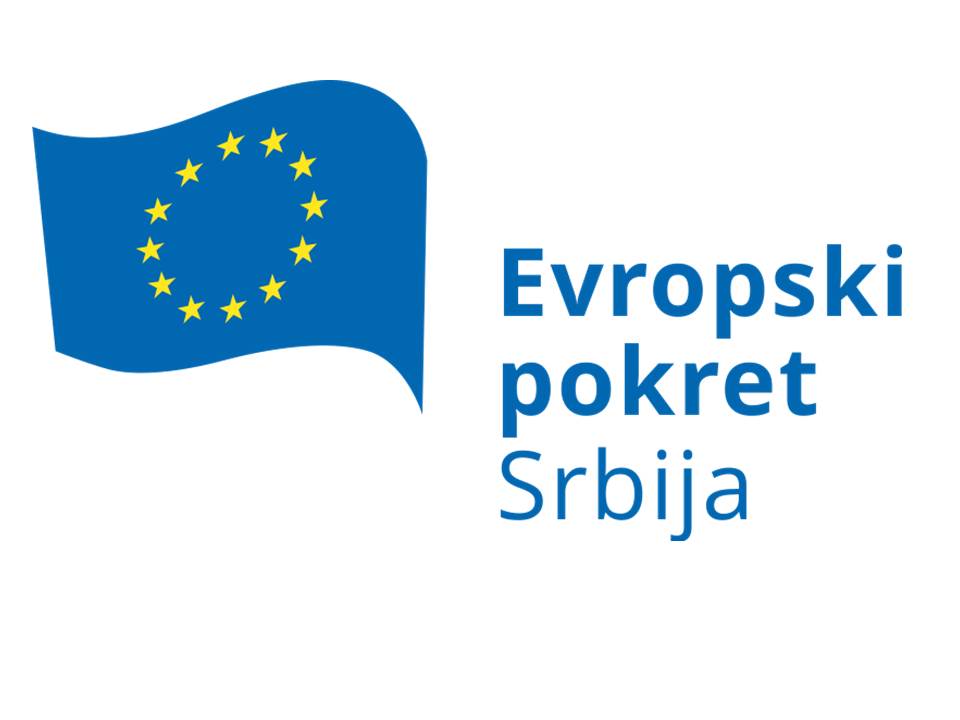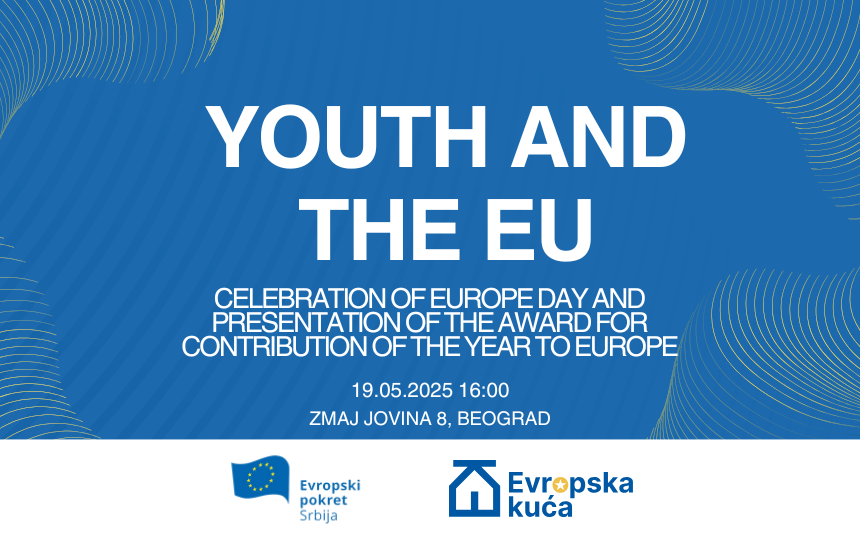
The project “Smart Vojvodina – Smart Specialisation and Regional Development” highlights the importance of developing certain regions of Serbia in areas where these regions have great potential and is implemented by the European Movement in Serbia (EPuS).
The Secretary-General of the European Movement in Serbia, Dragana Đurica, stated that the concept of smart specialisation is primarily based on innovation.
“The key concept is based on innovation, that is, on the connection between innovation and business, where those competitive advantages are identified that can enable businesses to achieve better productivity and better competitiveness. In this context, the development of an ecosystem for smart specialisation, which includes representatives of institutions, the business sector, the academic sector, as well as civil society, is very important,” said Đurica.
Đurica pointed out that Serbia suffers from “disparities” between regions and that smart specialisation allows each region to discover its advantages.
“For regional development in Serbia, smart specialisation is important because we are a country that suffers from significant disparities between regions, where, for example, the Belgrade region alone accounts for more than 40 percent of the country’s GDP, while the difference compared to the south of Serbia is almost threefold. It is also important to create a strategy, which Serbia still does not have, even 14 years after the adoption of the law on regional development,” she said.
Regarding Chapter 22, Đurica assessed that Serbia is “moderately prepared” for its closure.
“Serbia is moderately prepared for Chapter 22, which is the position of the EU Commission according to the 2024 report, and in that area, the most important next steps to take are finalising legislative regulations, regional development strategies, but also improving the staff who will work on this both in institutions at the state and local levels,” she said.
Ivana Lazarević, one of the researchers from EPuS, reflected on the role of civil society in the cooperation process of the “S4 Actors” (the academic part of society, the economy, civil society organisations, and state institutions) important for the implementation of smart specialisation.
“The role of civil society is to monitor the entire process, to conduct qualitative monitoring, but at the same time to communicate the smart specialisation project with the wider public. Currently, the topic of smart specialisation is not very present in the public
discourse in Serbia, and civil society, through its work, tries to bring it into focus. Smart specialisation reveals that we lack regional policy,” said Ivana Lazarević.
Lazarević added that the project is currently focused on Vojvodina because it has regional institutions that resemble the regional institutions of European Union countries.
“The idea is for regions in Serbia to develop following the example of regions in the EU. To do that, they must have some institutional capacities, and Vojvodina is closest to that; it has its own government, its own assembly, and its own institutions and is closest to the average of EU regions in an institutional sense. We also see it as the most developed region after Belgrade,” she said.
Speaking about the state of smart specialisation in Vojvodina, Lazarević pointed out that certain sectors that could benefit from each other are not connected.
“I was very surprised at how well-known Vojvodina is for IT technologies and how developed that sector is, but it is less connected to local communities and the local market, and how other sectors that could benefit from the IT sector, for example, agriculture or petrochemicals, are not connected to the IT sector,” Lazarević said.
Gilles Kittel from the European Commission said that smart specialisation is implemented both in candidate countries for membership and in EU member states.
“Smart specialisation is a concept that is applied not only in candidate countries but also in EU member states, but it is also one of the factors that influence accession to the EU. Through smart specialisation, the EU wants to establish a value system that is transnational and that would connect not only ecosystems in Serbia but also in the entire region. One of the difficulties is that such a process certainly takes time,” Kittel emphasised.
Smart specialisation is an integral part of Chapter 22 of Serbia’s accession negotiations for joining the European Union. The project is supported by Sweden within the programme of the Belgrade Open School “Civil Society for the Improvement of Serbia’s Accession to the European Union – Europe ASAP.”



